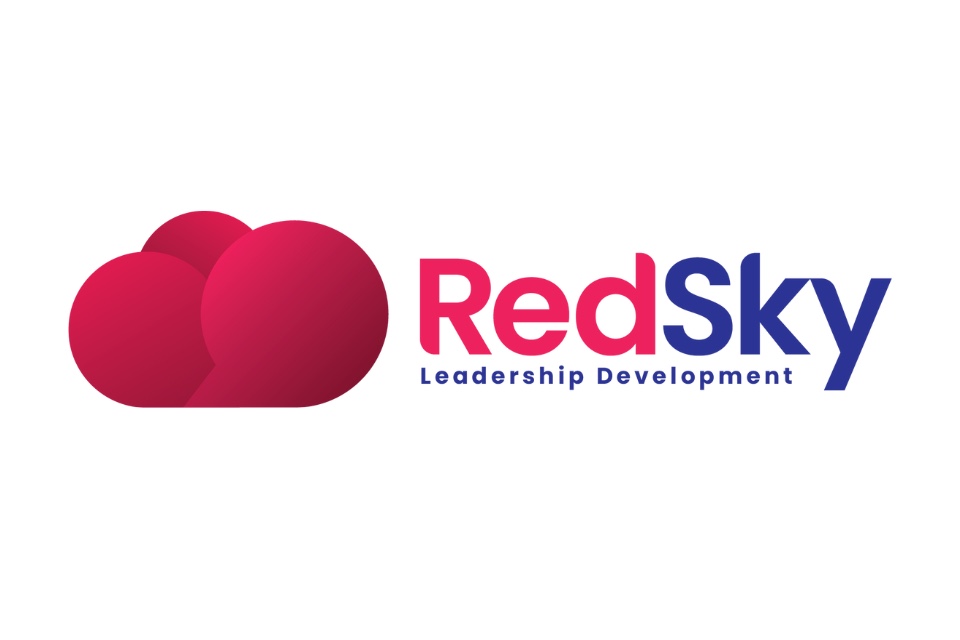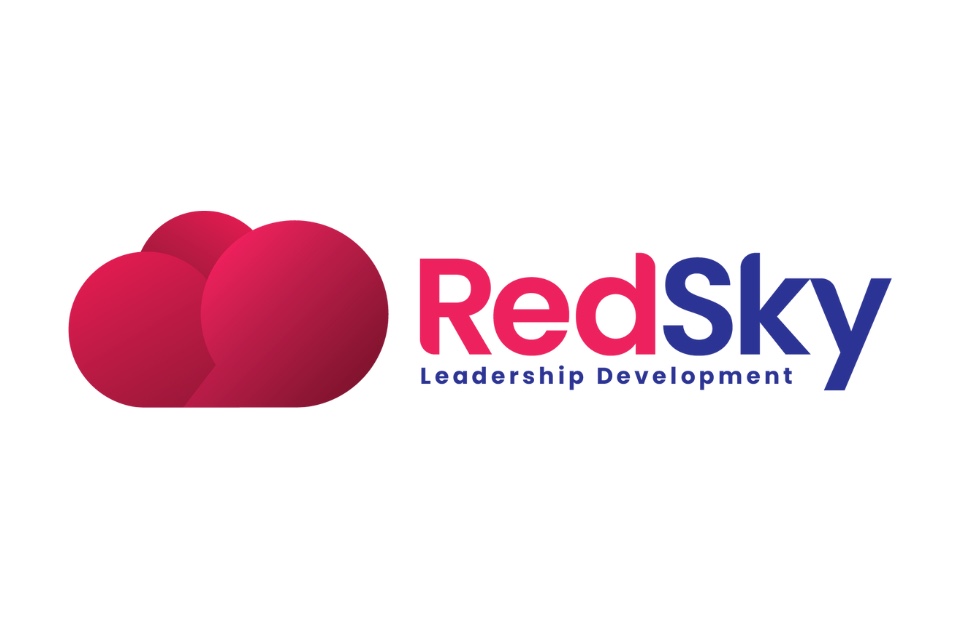In a competitive global marketplace, the success of any business hinges on its leadership. Cultivating a strong talent pipeline of future leaders is no longer a luxury, but a necessity. Here we explore the key principles of effective leadership development programmes…
1. Identifying Leadership Potential:
The cornerstone of any successful leadership development program lies in identifying individuals with the potential to excel in leadership roles. This involves utilising assessments, performance reviews, and observation to identify key leadership qualities like decisiveness, communication skills, and the ability to inspire others.
2. Tailoring Development to Individual Needs:
A “one-size-fits-all” approach to leadership development is unlikely to yield optimal results. Effective programs cater to individual strengths and weaknesses through personalized learning plans. This may involve mentoring, coaching, participation in targeted workshops, or even pursuing relevant qualifications.
3. Fostering Strategic Thinking and Business Acumen:
Leaders need to be more than just motivators; they must also be strategic thinkers with a strong understanding of the business landscape. Leadership development programs should equip participants with the ability to analyze complex situations, make data-driven decisions, and align their leadership approach with the overall organizational strategy.
4. Building Communication and Influence Skills:
Communication is the lifeblood of effective leadership. Equipping individuals with strong communication skills allows them to articulate their vision clearly, provide constructive feedback, and inspire and motivate their teams. This includes honing active listening skills, building trust through transparent communication, and mastering the art of persuasion.
5. Cultivating Emotional Intelligence:
Effective leadership requires a deep understanding of oneself and the ability to manage emotions effectively. Leadership development programs should incorporate modules on emotional intelligence, helping participants develop self-awareness, empathy, and the ability to navigate complex interpersonal dynamics.
6. Embracing Diversity and Inclusion:
Building a diverse and inclusive leadership team is crucial for fostering innovation and attracting top talent. Leadership development programs should equip participants with the knowledge and skills to create an inclusive environment where everyone feels valued, respected, and empowered to contribute their unique perspectives.
7. Encouraging Continuous Learning:
Leadership is a lifelong journey of continuous learning and development. Effective programs should foster a culture of learning within the organization, offering ongoing opportunities for skill development through workshops, conferences, and access to professional resources.
8. Providing Mentorship and Coaching:
Mentorship and coaching play a vital role in nurturing leadership potential. Pairing aspiring leaders with experienced mentors provides them with invaluable guidance, support, and insights into real-world leadership challenges.
9. Integrating Leadership Development with Business Strategy:
Leadership development shouldn’t exist in isolation; it should be seamlessly integrated with the organization’s overall business strategy. By aligning leadership development goals with strategic objectives, businesses ensure that leaders are equipped with the necessary skills and knowledge to navigate challenges and contribute meaningfully to achieving the organisation’s vision.
10. Measuring and Evaluating Impact:
Regularly measuring and evaluating the impact of leadership development programs is crucial. This can be achieved through surveys, performance reviews, and assessing the impact of leadership development initiatives on key organizational metrics like employee engagement and retention.
By focusing on these key principles, HR managers can cultivate a generation of effective leaders equipped to drive innovation, navigate challenges, and ensure the long-term success of their organisations. Investing in leadership development is an investment in the future, paving the way for a thriving and sustainable business landscape in the UK.
Are you searching for Leadership Development solutions for your organisation? The HR Summit can help!
Photo by Brooke Lark on Unsplash









